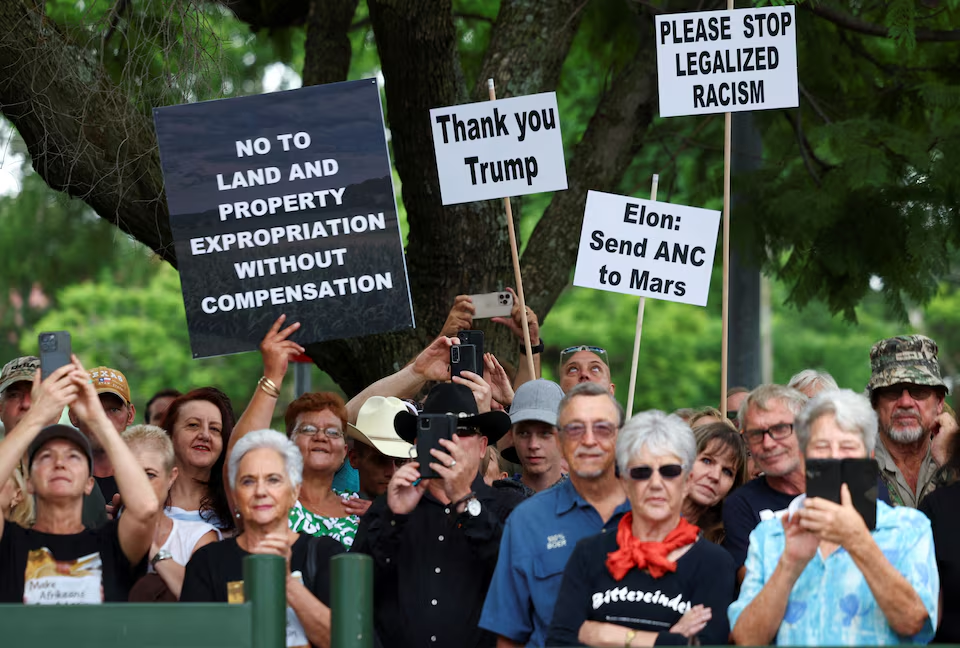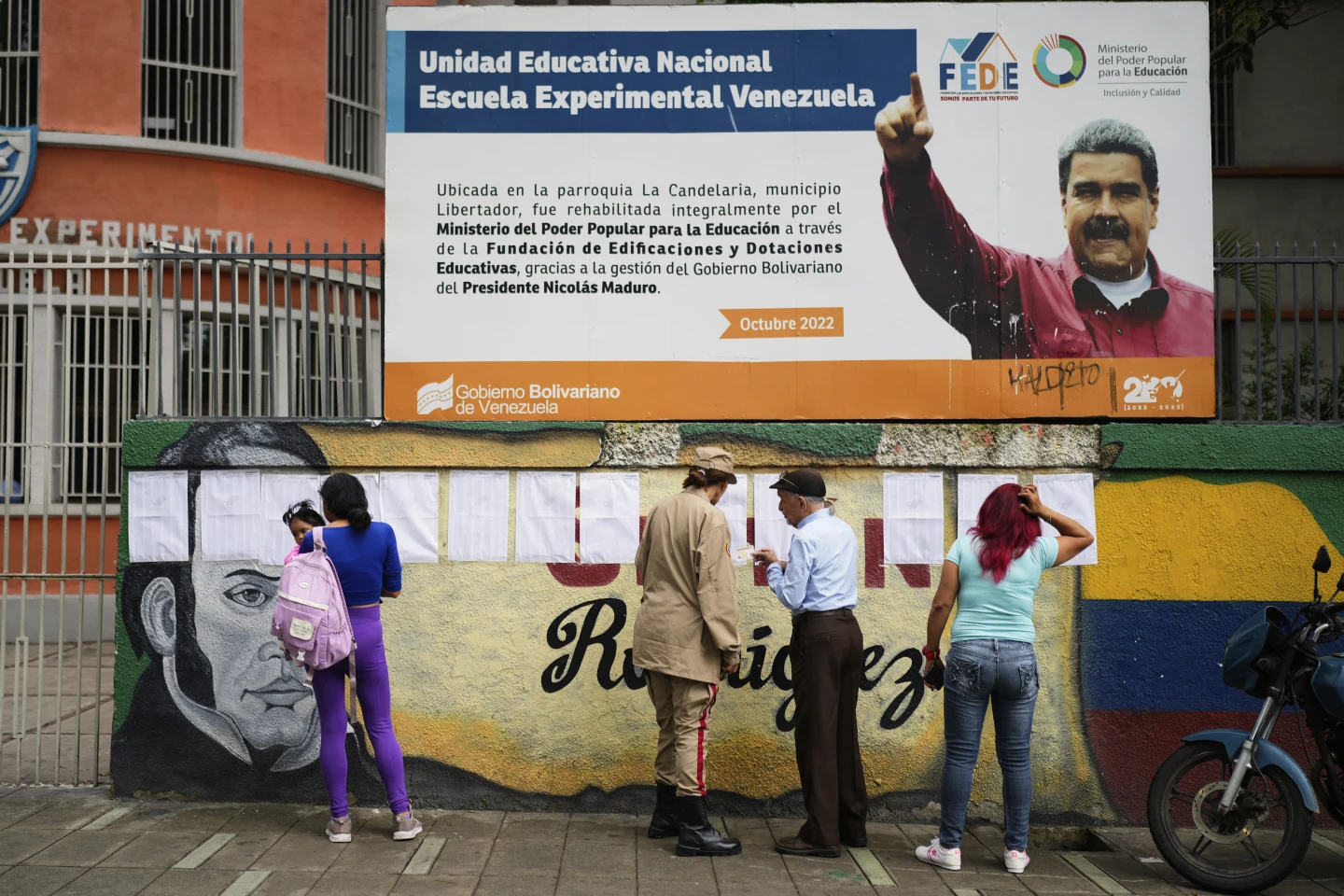On May 12, 2025, the United States welcomed its first group of white South African refugees under a policy initiated by President Donald Trump. Fifty-nine Afrikaners, descendants of Dutch settlers, arrived at Washington Dulles International Airport from Johannesburg, marking a significant shift in U.S. refugee policy. This move has sparked widespread criticism and raised concerns about racial bias and international diplomacy.
A Controversial Policy Shift
President Trump has justified the resettlement of Afrikaners by claiming they face racial discrimination and violence in South Africa. He has described the situation as a “genocide,” though he has provided no concrete evidence to support this claim. This narrative aligns with far-right rhetoric that portrays white South Africans as victims of systemic oppression. Critics argue that this policy is racially motivated, especially given the administration’s broader restrictions on non-white refugees.
South African Government’s Response
The South African government has strongly refuted claims of white persecution. President Cyril Ramaphosa stated that the U.S. has “got the wrong end of the stick,” emphasizing that there is no evidence supporting allegations of a “white genocide.” South African authorities view the U.S. policy as an unwarranted interference in domestic affairs and a misrepresentation of the country’s efforts to address historical inequalities.
Domestic and International Criticism
The decision to prioritize white South African refugees has drawn criticism both domestically and internationally. In the U.S., Democrats and human rights organizations have condemned the policy as racially biased and inconsistent with America’s humanitarian obligations. They point out that while white South Africans are being granted asylum, refugees from war-torn regions in Africa and the Middle East face increasing barriers to entry.
Economic and Social Context in South Africa
Despite comprising a minority of the population, white South Africans, particularly Afrikaners, continue to hold significant economic power. They own a substantial portion of private land and possess wealth far exceeding that of the Black majority. The South African government’s land reform policies aim to address these disparities, but have been met with resistance from some white communities. The Trump administration’s refugee policy is seen by critics as undermining these efforts and emboldening separatist sentiments.
Implications for U.S.-South Africa Relations
This development has strained diplomatic relations between the U.S. and South Africa. The South African government perceives the refugee policy as a politically motivated move that disregards the country’s sovereignty and complex history. The situation is further complicated by the U.S.’s recent decision to cut financial aid to South Africa, citing disagreements over land reform and other policies.
Conclusion
The arrival of white South African refugees in the U.S. under President Trump’s policy marks a significant and contentious shift in American immigration practices. While the administration frames the move as a response to racial discrimination, critics argue it reflects a selective and racially biased approach to refugee admissions. The policy has not only sparked domestic debate but also strained international relations, highlighting the complexities and consequences of politicizing humanitarian issues.
Source: Reuters



